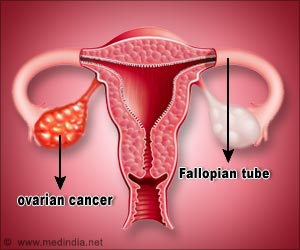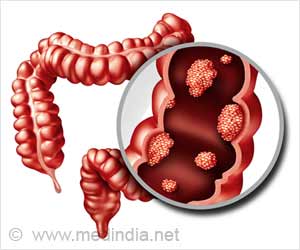A new study has revealed that people who live in urban areas are at higher risk of developing late-stage cancer than those who live in suburban and rural areas.
Studies on cancer distribution patterns have revealed that urban residents are at higher risk of developing late-stage cancer than those who live in suburban and rural areas.
The findings indicate a need for more effective urban-based cancer screening and awareness programs.To explore the rural and urban differences in late-stage cancer diagnoses, Sara L. McLafferty, Ph.D., of the University of Illinois and Fahui Wang, Ph.D., of Louisiana Sate University analyzed data from the Illinois State Cancer Registry from 1998 to 2002.
The researchers assessed late-stage cancer diagnoses of the four major types of cancer (breast, colorectal, lung, and prostate) throughout the state, comparing data from cities with those from less-populated regions.
They found that for all four cancers, risk was highest in the most highly urbanized area (Chicago) and decreased as areas became more rural.
However, in the most isolated rural areas, risk was also high. Risks were considerably low among patients living in large towns in rural areas.
For colorectal and prostate cancers, and to a lesser extent breast cancer, these disparities stemmed mainly from differences in the ages and races of individuals in the various geographic areas.
Advertisement
Among the different races, the black population was particularly vulnerable to late diagnosis. On the other hand, the lower rates of late-stage diagnosis in rural areas reflected the greater presence of elderly patients who have a lower risk of late-stage diagnosis, likely because of frequent doctors' visits and age-related cancer screenings.
Advertisement
The researchers said that their study found a reversal of the commonly held view that late-stage cancer risks are highest for rural residents.
"The concentration of health disadvantage in highly urbanized places emphasizes the need for more extensive urban-based cancer screening and education programs, especially programs targeted to the most vulnerable urban populations and neighbourhoods," they said.
The study is published in the June 15, 2009 issue of CANCER, a peer-reviewed journal of the American Cancer Society.
Source-ANI
TAN/L














